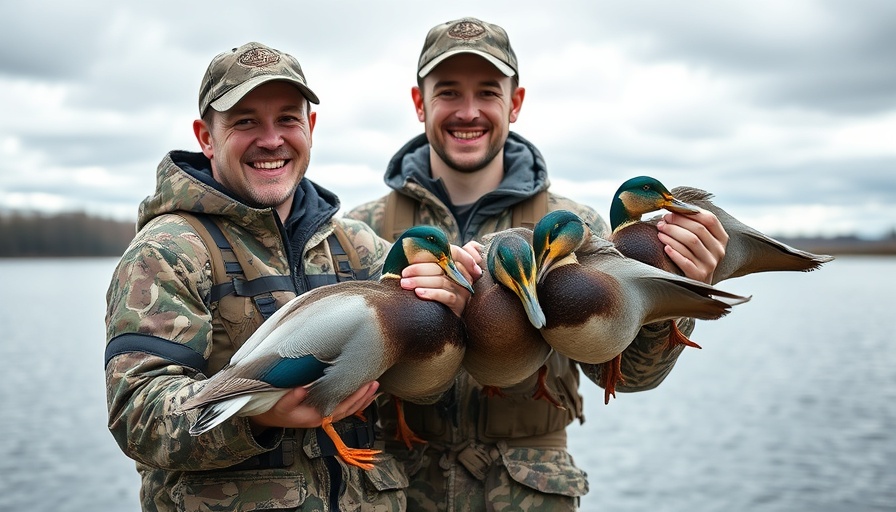
Raffling Wildlife: A Disturbing Trend
The recent decision by the British Association for Shooting and Conservation (BASC) to raffle off ducks and geese for shooting at the Lindisfarne National Nature Reserve highlights a troubling normalization of wildlife killing in England. The organization is promoting a chance to experience guided wildfowling in a region renowned for its avian diversity, which includes up to 13,000 pink-footed geese and 23,000 wigeon.
The Significance of Lindisfarne National Nature Reserve
Lindisfarne National Nature Reserve (NNR) is not just another location; it’s a vital 3,541-hectare Ramsar site that plays a critical role in preserving globally significant wintering bird populations. The reserve hosts six internationally important species, including the Pale-bellied Brent Geese, making it crucial for biodiversity. Natural England’s guidelines emphasize the importance of safeguarding this habitat, urging visitors to minimize disturbances.
A Clash of Conservation and Shooting Culture
Critics argue BASC’s actions are indicative of a larger conflict between conservation efforts and shooting sports. The duality of branding their activities as 'conservation' while simultaneously offering opportunities to kill wildlife raises questions about the sincerity of their commitment to protecting bird populations. As awareness of wildlife conservation grows, the juxtaposition of hunting in protected areas seems increasingly discordant.
Unpacking the Ethical Concerns
This promotion also reflects broader ethical concerns regarding human interaction with wildlife. To lure participants into a nature reserve renowned for its stunning landscapes and rich biodiversity, only to exploit it through hunting, seems counterintuitive to the very essence of conservation. Many understand the importance of preserving wildlife, but events like these may undermine the trust and respect that local communities have towards conservation efforts.
The Call for Change
As awareness grows regarding the delicate balance of ecosystems, it is vital to advocate for more ethical interactions with wildlife. Rather than supporting hunting and killing, communities should embrace research, birdwatching, and education about local biodiversity. Initiatives focusing on people’s appreciation of nature without harm could strengthen communal bonds and foster respect for wildlife, ensuring future generations can enjoy these magnificent areas.
Conclusion: Making a Difference
As engaged stewards for our environment, it is crucial for local residents to prioritize actions that protect wildlife rather than endanger it. Supporting conservation over hunting celebrates the beauty of our natural reserves and encourages a shared responsibility toward the preservation of wildlife. By donating to credible conservation projects, communities can make a tangible impact in protecting these incredible ecosystems.
 Add Row
Add Row  Add
Add 




Write A Comment